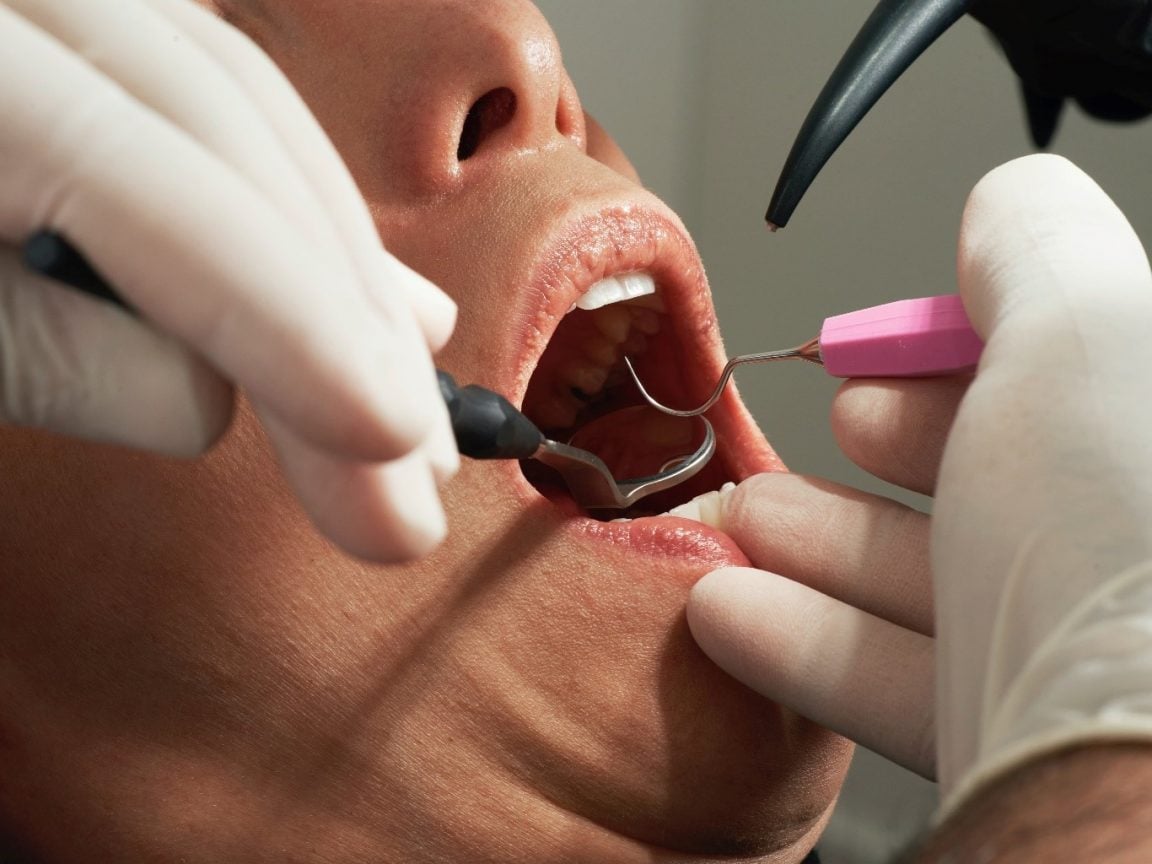All doctors and dentists alike abide by the law to ensure their standard of treatment. And procedures do not harm their patients. If a patient suffers from medical malpractices, they can sue their doctor, any responsible authority, or dentist for malpractice.
You can contact your personal injury lawyer and file a lawsuit to sue the dentist. However, filing a lawsuit is only the first step. To win the case or receive monetary compensation, you must prove how the dentist’s substandard treatment settles in the dental malpractice law, which harmed you.
A personal injury lawyer will be able to tell you if you can claim your injury. As well as, what factors determine the dentist’s malpractice.
How Can I Know If I Should Sue My Dentist For Malpractice?
Like any other medical professional, Dentists inform you about the treatment and its procedure that they will practice to treat you. If the dentist performs a procedure that was not conveyed to you. This procedure qualifies as medical malpractice.
On the other hand, if the treatment and procedure go as planned but causes an injury and the doctor does not take responsibility for it. You can explore your option to claim a malpractice lawsuit.
Breach of Duty
A breach of duty is when your dentist fails to follow a standard of care while treating you. A breach is not only applicable when their failure to follow the standard of care results in damage. However, if you suffer from further damage or your condition worsens despite the dentist following the treatment standard, the breach of duty does not apply.
Like any other medical treatment, the practice of dental procedures is not pre-determined with success. So, doctors cannot guarantee a procedure will result in positive effects or further complications. However, the breach of duty is clear in certain cases. For example, when a dentist extracts the wrong tooth, it causes damage to another tooth or nerve damage with improper application of an injection.
Even with the visible damage, some cases are unclear. Thus, needing another medical expert’s opinion. Typically, the expert specializes in the same specialty as the accused doctor.
For example, if you have suffered an injury and filed a malpractice lawsuit against your dentist, there are chances that you will not be able to prove the dentist’s substandard treatment clearly. Your lawyer will probably take the aid of a medical expert who practices dentistry or at least is qualified with the knowledge of the procedure that was practiced on you. The expert witness will be required to testify:
- What is the appropriate standard of care for particularly in your case
- How the depleted standard of care of the accused dentist resulted in harming the plaintiff
Proving Causation
Causation refers to the causal relationship between your dentist’s breach of duty and the standard of care in terms of the injury you have sustained. This means there must be a cause for your dentist’s action resulting in an injury. Consider thinking of a different scenario where your dentist could have pursued a different course of action. If you reach a conclusion where no harm is caused, there’s likely to be causation, making it easier for you to prove your stance in court.
However, if you reach a conclusion where your injuries would’ve been of the same intent, whether the dentist’s actions were different, there may not be an actual breach of duty. Therefore, proving causation will be hard in this scenario.
The Elements of Dental Malpractice
Below are the elements that make your claim for medical malpractice eligible.
Proof of Dentist-Patient Relationship
A dentist-patient relationship is when a licensed dentist agrees to help you with their skills. And binds them with the “duty of care”. A relationship can be proved by receipts or appointment details that you received through emails. Your insurance statements can also help prove the relationship.
The Dentist Committed Malpractice
When a dentist practices an examination or treatment on you that harms you, it is called a “breach of duty.” Your dentist needs to follow certain acceptable standards of care to keep your safety at top priority. If there is a complication in the treatment at any point, the dentist needs to inform you before making any decision. To prove poor standards of care, you will need examination reports such as X-rays and eye-witnesses.
You Suffered an Injury
Any physical injury can be proved through examination. These reports make the dentist or the accused party liable for your damages. The damages can include the injury and the financial loss. As well as, any cost that will add-on as a result of the injury. Your lawyer will help you decide the compensation you can seek. Due to the damages suffered from the dentist.
The Dentist’s Error Was the Cause of Your Injury
The error that caused your injury can be subjective according to its nature. It would be best to make sure that the harm caused is the dentist’s mistake and not a genuine reason. An eye witness can help you identify the scenario if you could not judge in your best conscious.
You can also take help from an orthodontist to help you study the case. However, if the new doctor claims in favor of the accused dentist, it can be a situation where the accused dentist was not entirely at fault and can be given room for mistakes.
Can You Sue Your Dentist For Malpractice?
The best way to deal with the damage you suffered due to your dentist’s sub-standard treatment is to consult a personal injury lawyer. They will help you figure out if the dental malpractice law supports your claim. However, it is best to analyze the facts first. And then see if your claim has the elements to make a case against your dentist.


